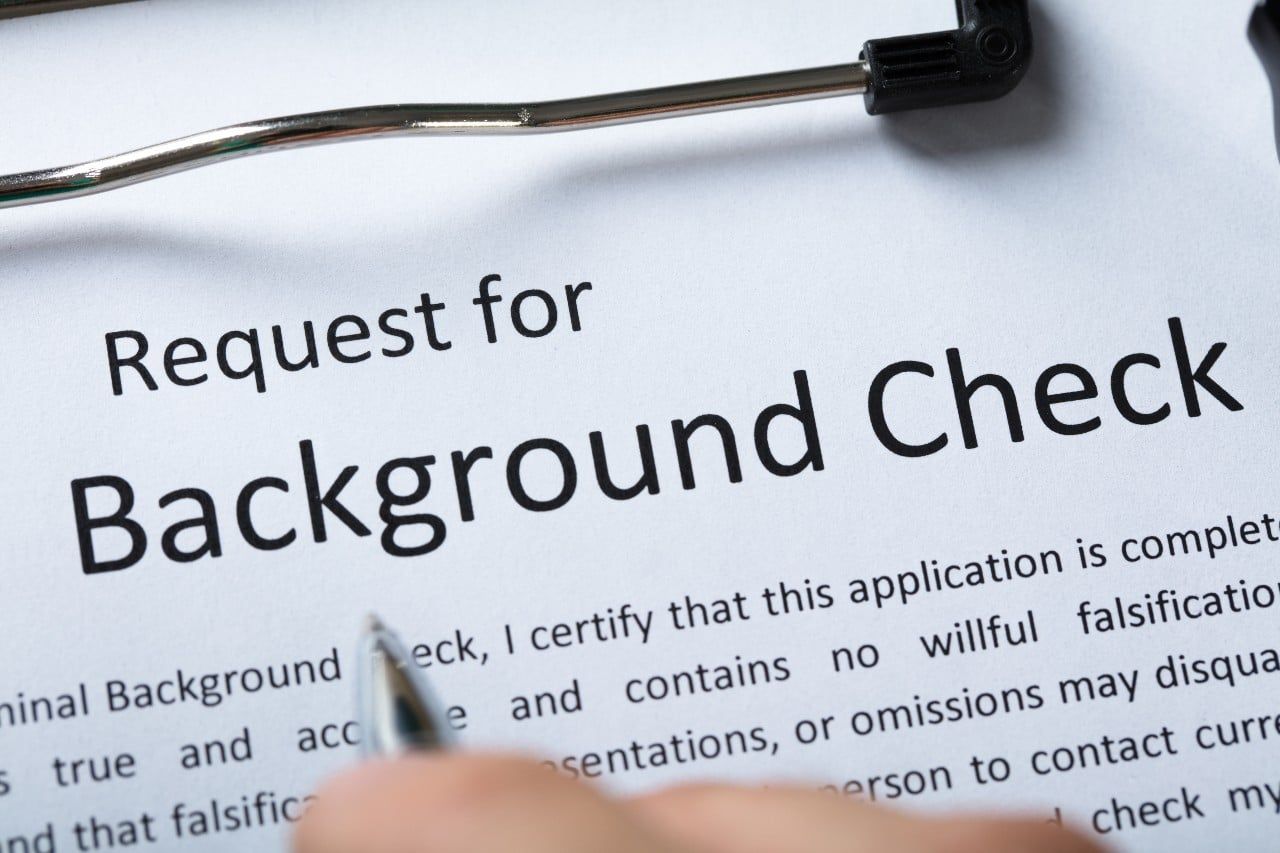 On July 11, 2017, a new Capital One TCPA lawsuit was filed by plaintiff Kristi D., in the State of Minnesota District Court. She alleges multiple violations by the finance giant.
On July 11, 2017, a new Capital One TCPA lawsuit was filed by plaintiff Kristi D., in the State of Minnesota District Court. She alleges multiple violations by the finance giant.
Basics of the TCPA
The Telephone Consumer Protection Act (TCPA) became federal law under the presidency of George H.W. Bush in 1991. The TCPA was created to protect consumers to protect their time and privacy — and later, phone and text bills, when the act was amended to cover cell phones. The basic tenets of the TCPA are as follows:
- A solicitor must keep a private Do Not Call List and respect the wishes of all consumers that have expressly requested not to be called by them. They must also refrain from calling individuals that have registered on the National Do Not Call list which does not expire.
- A solicitor must not call a consumer using a recording or artificial voice.
- Requires solicitors to self-identify and include the name, address, phone number, and nature of call of entity on whose behalf the call is being made.
- Prohibits solicitors from calling consumers before 8 am and after 9 pm in their local time zone.
- Prohibits solicitors from using autodial equipment to tie up multiple lines of a business line.
- Prohibits solicitors from using autodial equipment to dial emergency numbers such as emergency departments, hospitals, elderly care rooms, etc.
In 2013, the Federal Communications Commission (FCC) updated the autodial equipment or robocall tenet making it essential to get written consent in advance to call consumers using this method. No longer were businesses able to rely upon the implied consent notion of having a business relationship established through prior commercial exchange.
Complaints in Capital One TCPA Lawsuit
According to the legal documentation, on March 26, 2016, Kristi D. called Capital One Bank to expressly revoke any consent she might have given them at any time to contact her via her cell phone. Nevertheless, the plaintiff insists in the Capital One TCPA lawsuit narrative that contact from the bank continued using this means uninterrupted.
The plaintiff insists that the megabank, known for its large advertising presence on television and other media, specifically contacted her via her cell phone at least another 128 times. This contact was allegedly made using autodialer machinery which is expressly disallowed according the TCPA’s 2013 updates.
Kristi D. was able to identify the autodialer mechanism after answering because of a long pause of dead air or the startup of a recorded voice. Eventually, the phone call would connect to a live operator. The plaintiff states that the nature of the robocalls were to collect a debt.
Kristi D. in this Capital One TCPA lawsuit brings only one count against the bank. The count calls on the Telephone Consumer Protection Act. She requests that a favorable judgement be made against the bank and that she be awarded damages with respect to this named law of at least $1,500 per phone call made in violation of her expressed wishes.
The Capital One TCPA Lawsuit is Case No. 0:17-cv-02735-MJD-TNL, in the State of Minnesota District Court, County of Carver, First Judicial District.
Join a Free TCPA Class Action Lawsuit Investigation
If you were contacted on your cell phone by a company via an unsolicited text message (text spam) or prerecorded voice message (robocall), you may be eligible for compensation under the Telephone Consumer Protection Act.
ATTORNEY ADVERTISING
Top Class Actions is a Proud Member of the American Bar Association
LEGAL INFORMATION IS NOT LEGAL ADVICE
Top Class Actions Legal Statement
©2008 – 2025 Top Class Actions® LLC
Various Trademarks held by their respective owners
This website is not intended for viewing or usage by European Union citizens.














